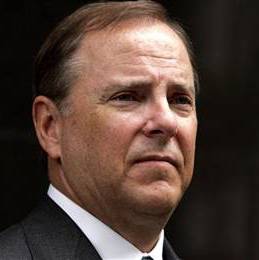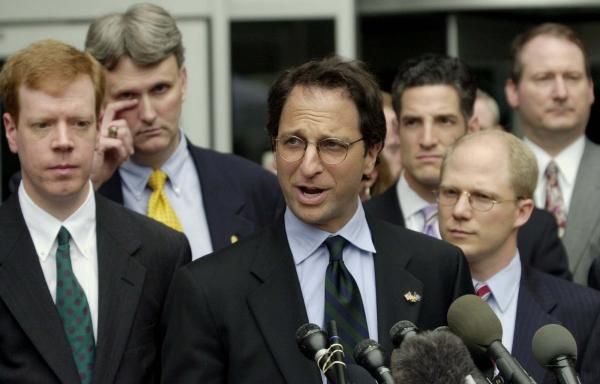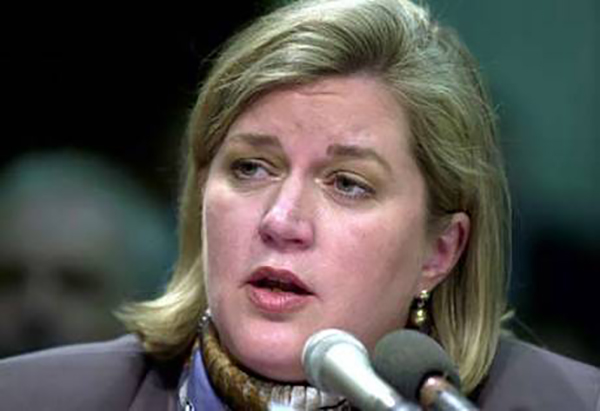 My friend and Clear Thinkers favorite Larry Ribstein died unexpectedly yesterday at the age of 65. I convey condolences and deepest sympathies to Larry’s wife Ann and their daughters, Sarah and Susannah.
My friend and Clear Thinkers favorite Larry Ribstein died unexpectedly yesterday at the age of 65. I convey condolences and deepest sympathies to Larry’s wife Ann and their daughters, Sarah and Susannah.
Larry was a teacher who understood precisely what his life’s purpose was and pursued it with an endearing combination of intellectual curiosity, vitality, humanity and good humor. Although I will miss Larry deeply, I feel blessed to have known him.
Larry and I came across each other in 2003, early in our respective blogging careers. The particular case that brought us together was that of Jamie Olis, which involved many of the issues about which Larry wrote passionately over his eight-plus years of blogging – criminalization of agency costs, over-criminalization generally, prosecutorial misconduct, anti-business mainstream media business reporting, etc.
But Larry and my friendship really ripened during the Enron case. Inasmuch as Larry and I both blogged frequently on business generally and business law issues specifically, we both watched in horror as the Enron case exposed many of the worst flaws of the American criminal justice system.
Larry and I were initially two of the only writers in the blogosphere who contended that most of the Enron-related criminal prosecutions were based on appeals to juror prejudice against business executives rather than true crimes, so we fast became blogging colleagues and commiserated often, eventually not only on Enron, but on a wide array of business law cases that arose after that seminal case.
Stephen Bainbridge, Ted Frank, Ilya Somin, Geoff Manne and others have already posted fine remembrances of Larry, whose academic contributions were prodigious. However, I believe that Larry’s most important contributions were his blog writings, which – along with those of Professor Bainbridge – have done more to improve the legal profession and general public’s understanding of complex business issues than any other information source over the past eight years.
To get a taste of Larry’s insights, just take a moment to review the dozens of Clear Thinkers posts over the years in which Larry’s research and observations are highlighted. The breadth and depth of his body of work is truly remarkable.
Beyond his special intelligence and intellectual honesty, though, the trait that drew me most to Larry was his humanity. Although he decried how our government’s senseless criminalization of business was destroying jobs and hindering the creation of wealth, Larry cared even more deeply about the incalculable damage to executives and their families that resulted from the absurdly-long prison terms that were often the product of such dubious prosecutions. When family members of wrongfully prosecuted executives came upon Larry’s writings, many of them would reach out to Larry for support, which he generously provided to them.
And I will never forget Larry’s touching note to me after he read a blog post that I wrote on the death of Bill Olis, Jamie Olis’ father. Larry understood in his big heart what it takes to be a loving father.
Larry Ribstein – husband, father, lawyer, teacher, scholar, colleague, writer, counselor, friend.
A fine legacy, indeed.
Like this:
Like Loading...




